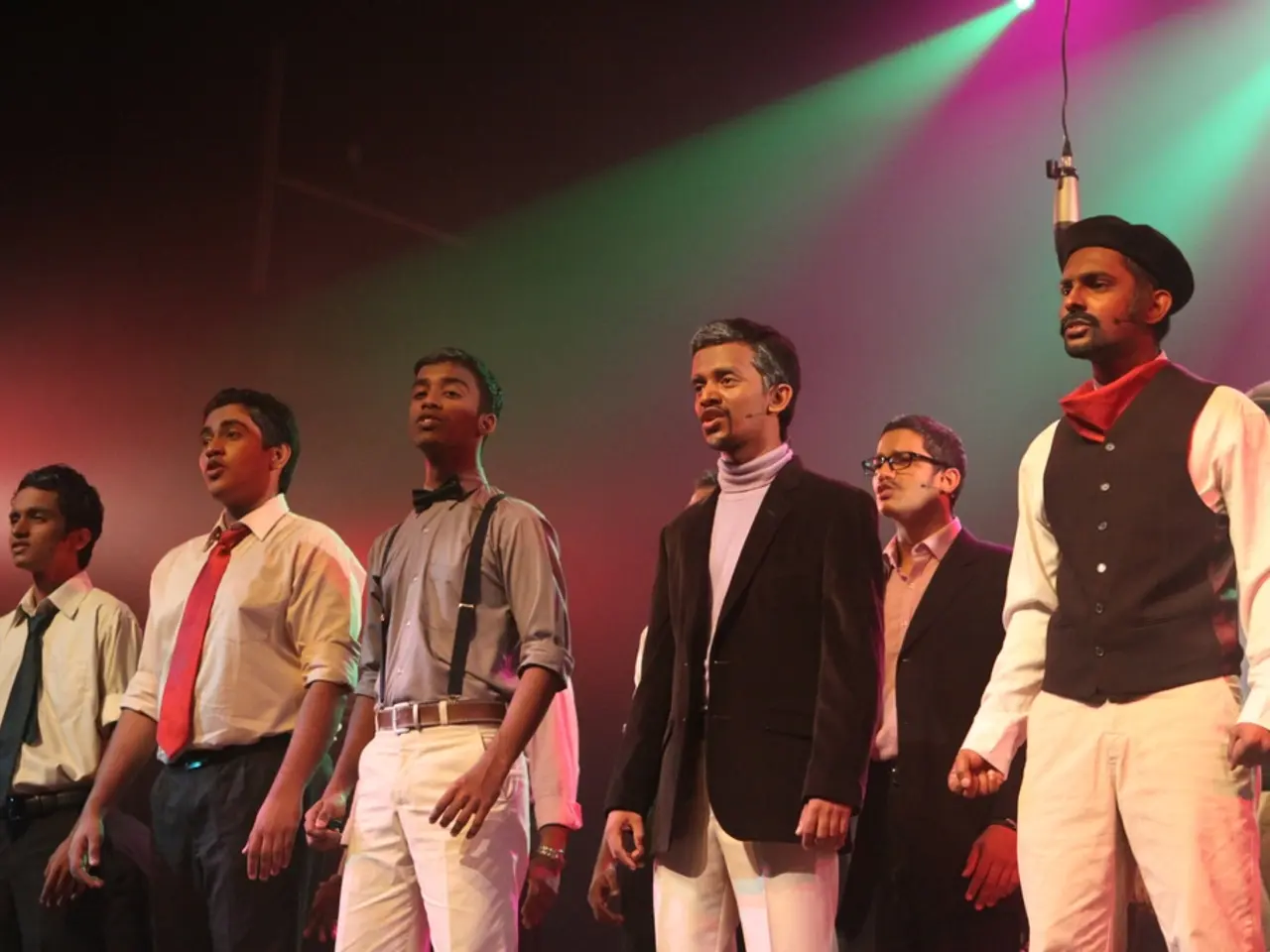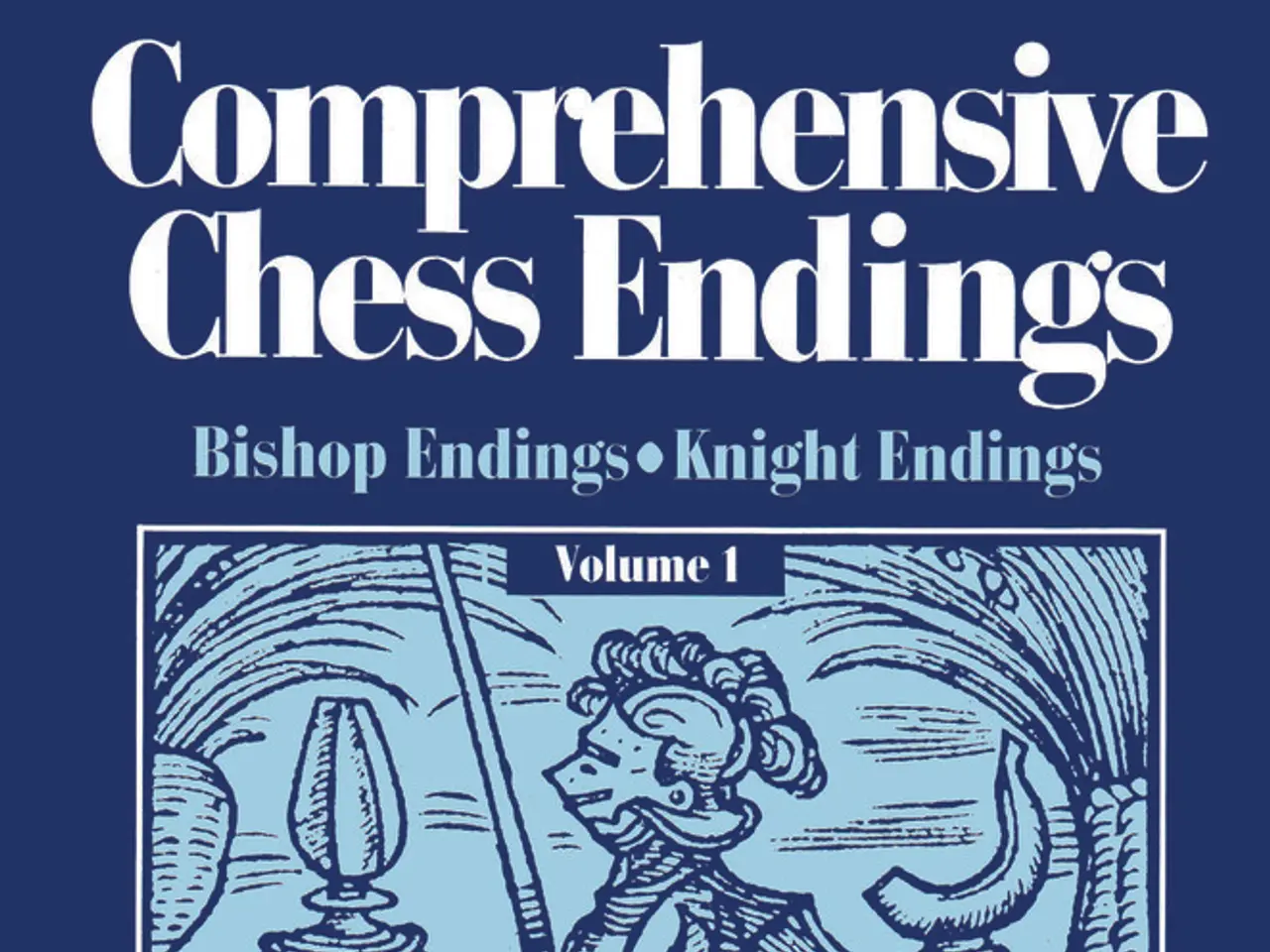On the 5th of August, 2024, a significant event took place.
In the dynamic world of music, genre blending has emerged as a defining force, shaping the industry's structure, marketing, and cultural significance. This article explores the history, impacts, and future trends of genre blending in modern music.
Evolution of Genre Blending
Roots in Blues and Rock 'n' Roll (1940s-1950s)
Modern genre blending traces back to blues, which fused with country, gospel, and R&B to birth rock 'n' roll. Artists like Muddy Waters and Chuck Berry melded these elements, creating a vibrant, rebellious new sound. Elvis Presley further blended Black musical styles with mainstream appeal, exemplifying early cross-genre fusion.
1960s-1970s: Jazz, Rock, Metal, and More Crossovers
Genre blending expanded dramatically with bands like King Crimson, who mixed jazz, rock, and experimental music to pioneer progressive rock. Similarly, Blood, Sweat & Tears combined jazz and rock, creating jazz-rock fusion, while Black Sabbath blended blues-based riffs with dark atmospheric elements that shaped heavy metal. These decades also saw punk and disco emerge as reactions or fusions crossing genres.
1980s-2000s: Hip-hop and Pop Hybrids
Hip-hop introduced innovative blending by incorporating samples from rock, jazz, and funk, dramatically shaping popular music with cross-genre collaborations. Pop music evolved to include elements from alternative rock, R&B, and electronic music, reflecting a broader fusion trend that continued with mainstream acceptance of diverse musical styles.
Globalization and Technology (late 20th century to present)
Western pop styles have blended with local traditions worldwide, e.g., African, Indonesian, and Middle Eastern music fusions, creating new hybrid genres. Advances like multitrack recording and digital production have enabled artists to layer and experiment with sounds more easily, accelerating blending trends.
Notable Examples
- King Crimson (1969) - "21st Century Schizoid Man": A pioneering fusion of jazz, rock, and experimental sounds defining progressive rock.
- Blood, Sweat & Tears (1969) - "Spinning Wheel": Early jazz-rock fusion combining rock energy with intricate jazz arrangements.
- Black Sabbath (1969) - "Black Sabbath": Blended blues riffs with heavy metal atmosphere, creating a new dark genre full of ominous tones.
- Elvis Presley (1950s): Fused Black blues and R&B with country, popularizing rock and roll.
- Hip-hop sampling (1980s onward): Innovatively combined elements from diverse genres using technological advances for new sonic hybrids.
Impacts on the Industry
- Market Expansion and Diversification: Genre blending has broadened musical appeal across demographic and cultural groups, increasing market size and diversity.
- Industry Consolidation and Cross-Promotion: In the 1970s and 1990s, the music industry consolidated into large corporations, which leveraged genre-crossing artists for multi-platform marketing and synergy across music, television, and print.
- New Roles for Producers and Engineers: Advances in recording technology and sound production empowered music producers and engineers to craft innovative genre blends, transforming the creative process and commercial sound.
- Shifting Audience Expectations: Listeners increasingly demand fresh, hybrid sounds, leading artists to blend genres creatively to remain relevant and compete in a saturated music landscape.
Future Trends
- Increasing Global Fusion: As music becomes more globally connected, fusion will likely incorporate even more diverse cultural sounds and instruments, reflecting worldwide musical dialogues.
- Tech-Driven Innovation: AI, virtual reality, and advanced production tools will enable novel blending techniques, creating immersive and unprecedented musical experiences.
- Genre Fluidity and Niche Markets: The future will likely see less rigid genre categorization, with artists and listeners embracing fluidity, while streaming platforms promote niche hybrid sounds tailored to diverse listener preferences.
- Collaborations Across Boundaries: Cross-genre and cross-cultural collaborations may intensify, dismantling traditional boundaries between musical styles and geographic origins.
In sum, genre blending has evolved from foundational fusions in blues and early rock to a complex cultural and technological phenomenon impacting all music layers—from artistic creation to industry economics—and will continue shaping modern music's landscape.
Streamingplatforms and social media have revolutionized the way people discover and consume music, providing a platform for genre-blending artists to reach wider audiences. As a result, innovation in music fusion has gained increased attention and validation in contemporary culture.
With the emergence of streaming as a dominant form of music consumption, there has been a blurring of genre lines as listeners explore diverse music styles. This shift in listening habits allows for the continuous evolution and crossing of music genres, shaping the future of the industry.
The fusion of entertainment, lifestyle, and music has become an essential aspect of modern culture, thanks in part to the accessibility of genre-blending artists on various digital platforms. As the trend towards genre fluidity continues, the music industry will witness exciting new collaborations and hybrids that transcend traditional genre boundaries.






